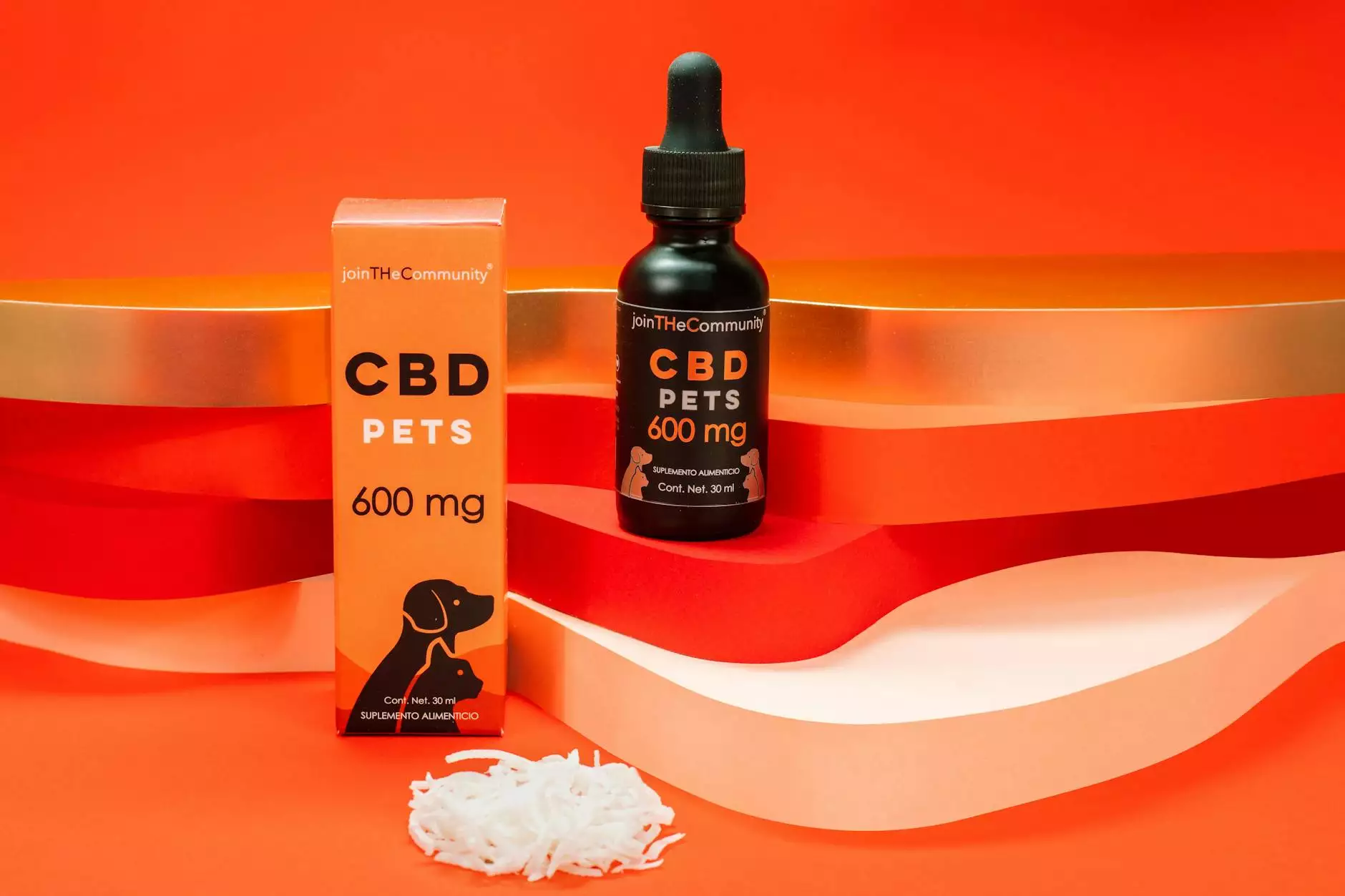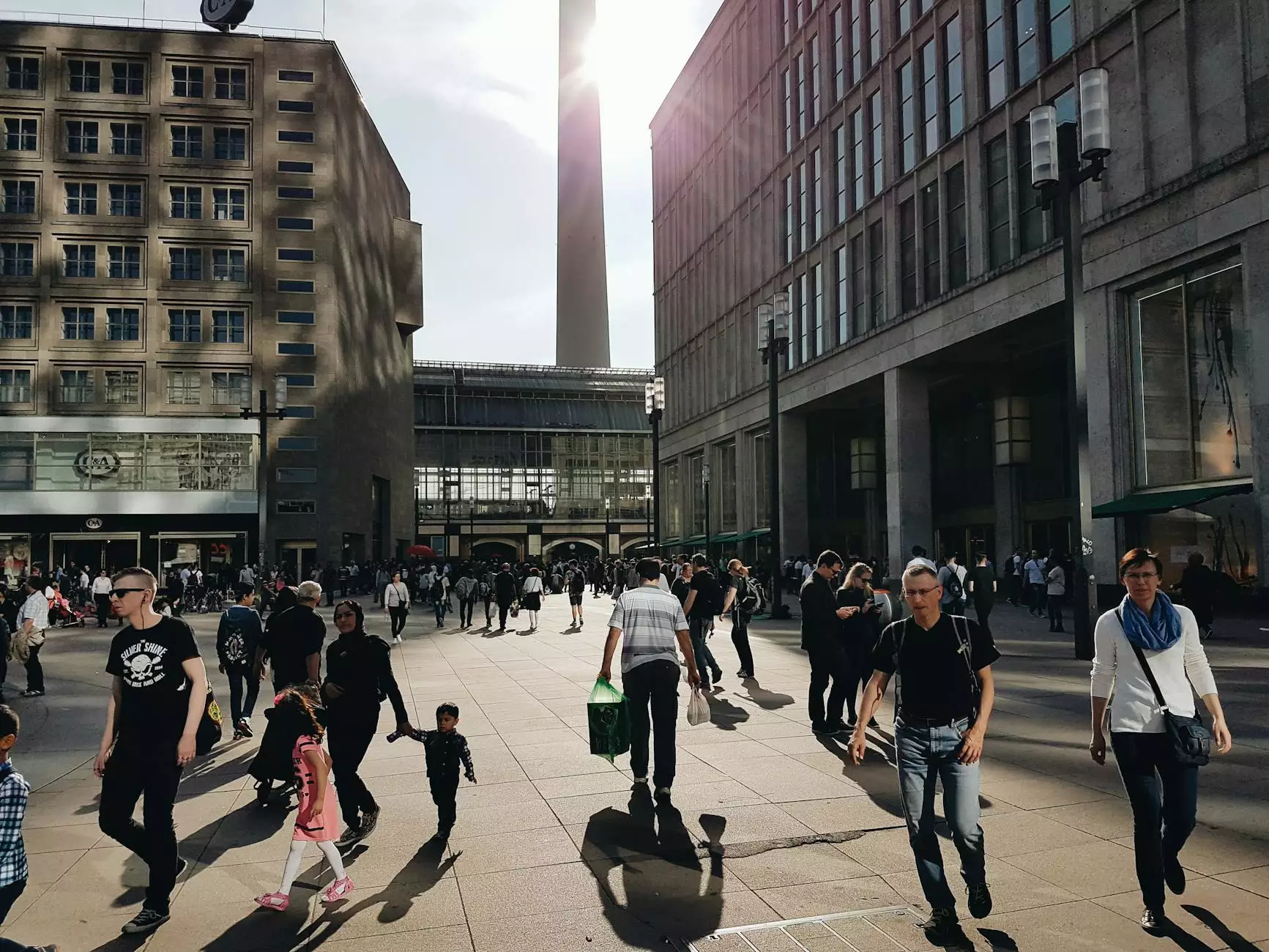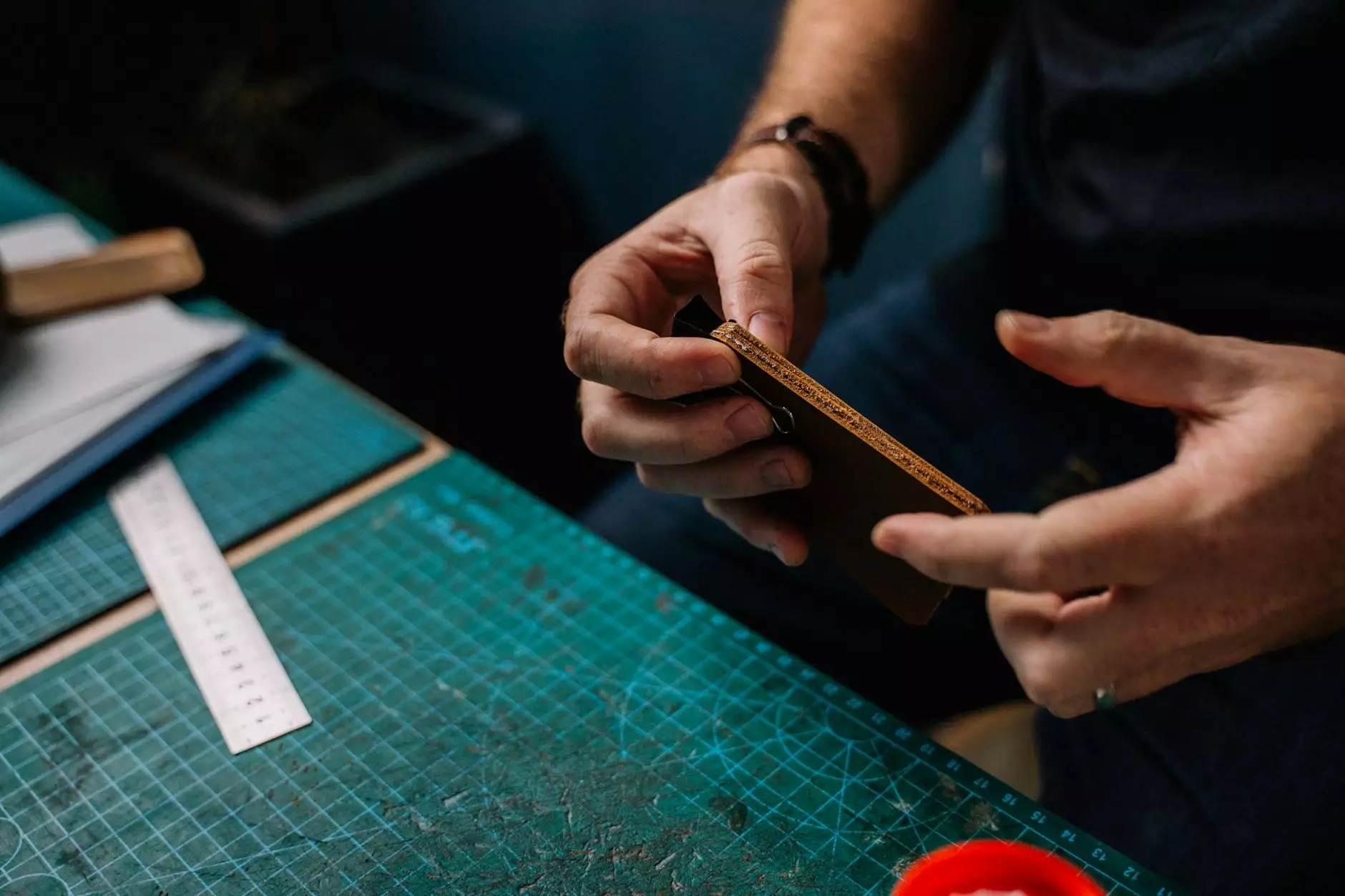Understanding the Benefits of Cannabidiol Dispensaries

In recent years, the world has witnessed a significant shift towards the acceptance and utilization of cannabidiol (CBD) products, resulting in the rise of cannabidiol dispensaries. These establishments are at the forefront of a burgeoning industry that aims to provide natural health solutions for a multitude of ailments. This article delves into the various advantages of cannabidiol dispensaries, their role in the health and medical sectors, and how they are changing the landscape of wellness.
The Emergence of Cannabidiol as a Natural Remedy
The increasing popularity of CBD can be attributed to its perceived therapeutic benefits. Derived from the hemp plant, cannabidiol is non-psychoactive, distinguishing it from its counterpart, tetrahydrocannabinol (THC). Research has suggested that CBD can aid in various health issues, including:
- Reducing anxiety and depression
- Alleviating chronic pain
- Improving sleep quality
- Assisting with epilepsy and seizure disorders
- Mitigating symptoms of inflammatory diseases
How Cannabidiol Dispensaries Operate
Cannabidiol dispensaries serve as specialized shops where consumers can purchase a range of CBD products, from oils and tinctures to edibles and topical creams. The structure and operations of these dispensaries may vary, but they typically adhere to strict regulations to ensure product quality and safety.
Regulations and Compliance
In the United States, the legal landscape surrounding CBD is complex. Each state has its regulations concerning the sale and distribution of CBD products. Cannabidiol dispensaries must ensure they comply with local laws, which often involves:
- Verifying the source of their hemp extracts
- Providing third-party lab testing results for their products
- Labeling products with accurate information regarding potency and ingredients
The Benefits of Shopping at Cannabidiol Dispensaries
Visiting a cannabidiol dispensary offers several advantages over purchasing CBD products online or through other means:
Expert Guidance and Product Knowledge
Staff members at these dispensaries are typically well-trained and knowledgeable about cannabidiol and its effects. They can:
- Assist customers in selecting the right products for their needs
- Provide information on dosages and best practices for use
- Answer any questions regarding the efficacy and safety of products
Access to a Variety of Products
Cannabidiol dispensaries often carry a broader range of products than what might be available online. This can include various forms of CBD such as:
- Oils and tinctures
- Edibles like gummies and chocolates
- Topical creams and balms
- Capsules and softgels
- Vaping products
This variety allows consumers to explore different delivery methods and find what works best for them.
The Role of Cannabidiol in Health and Wellness
Cannabidiol has garnered attention not only for its potential health benefits but also for its alignment with a growing trend toward natural wellness solutions. Here’s how cannabidiol dispensaries fit within this movement:
Supporting Mental Health
With rising concerns about mental health issues such as anxiety and depression, many individuals are seeking alternative treatments. Research indicates that CBD may interact with receptors in the brain that regulate mood, offering a potential non-pharmaceutical option for those struggling with these conditions.
Promoting Physical Well-being
Chronic pain and inflammation are common issues affecting many individuals, and traditional medications often come with unwanted side effects. CBD offers a natural alternative, with studies suggesting that it may help alleviate pain without the risk of addiction associated with opioid medications.
Customer Experiences at Cannabidiol Dispensaries
The experience of visiting a cannabidiol dispensary can vary widely based on the establishment. However, many customers report positive interactions, including:
Welcoming Atmospheres
Many dispensaries aim to create a friendly and inviting atmosphere, encouraging customers to explore products without feeling pressured. The ambiance often includes:
- Comfortable seating areas
- Informational displays about CBD and its benefits
- Open and clean environments that promote a sense of trust
Community Engagement
Many dispensaries also engage with their local communities, hosting events, workshops, and informational sessions about CBD and its uses. This not only helps to educate the public but also fosters a sense of community among consumers.
The Future of Cannabidiol Dispensaries
The future of cannabidiol dispensaries appears promising as more people become aware of the potential benefits of CBD. As research continues to evolve and laws become more accommodating, we can expect to see:
- Increased accessibility to quality CBD products
- Expansion of product lines as consumer demands change
- Greater integration of CBD into health and wellness routines
Innovation in Product Development
With ongoing research into the effectiveness of CBD, we can anticipate new and innovative product formulations that cater to a wider array of health needs. This includes:
- Enhanced bioavailability products for better absorption
- Targeted therapies for specific conditions
- Combination products that incorporate other natural ingredients
Conclusion: A Gateway to Wellness
Cannabidiol dispensaries represent more than just a retail outlet for CBD products; they symbolize a shift in the way society views health and wellness. By prioritizing natural remedies and allowing individuals greater access to alternative treatments, these dispensaries are paving the way for a new age of health care that emphasizes self-care and personal well-being.
As we continue to explore the myriad benefits of cannabidiol, it’s clear that cannabidiol dispensaries will play a crucial role in shaping the future of health, pharmacy, and medical supplies. Embracing this movement not only empowers individuals to take control of their health but also contributes to a broader acceptance of holistic and natural approaches to healing.








